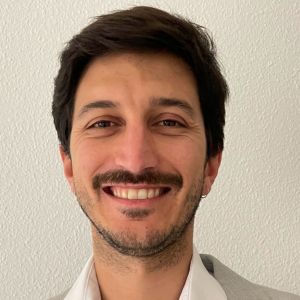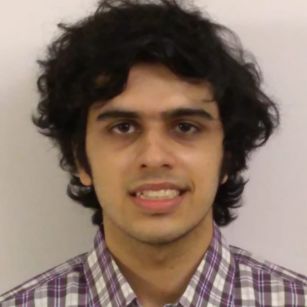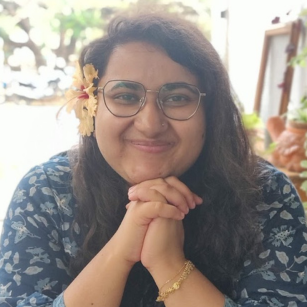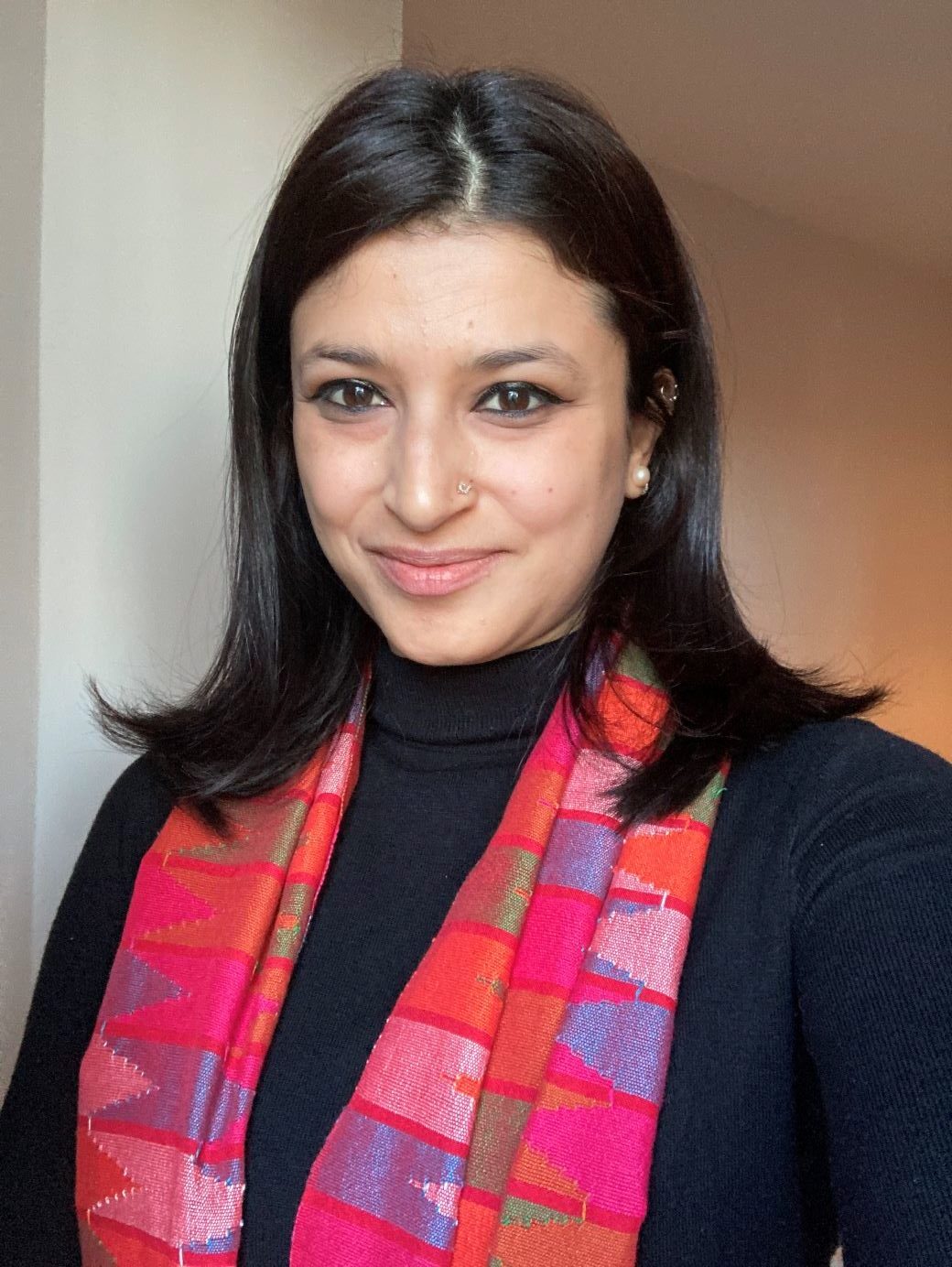Chevening Scholar Teofilo Moreno graduated in 2023 with an MA in Governance, Development and Public Policy. Having won a place on the 61st UN Grade Study Programme, he spent two weeks at the Palace of Nations in Geneva debating how to update the Universal Declaration of Human Rights with students from 60 nations, before relocating to Barcelona. In this blog post, Teofilo shares his experience of being a student at IDS, as well as advice for those considering applying for Chevening scholarships.
Before studying at IDS, I was in Argentina working for the Government of Buenos Aires on a project targeted at the re-urbanisation of an informal settlement located in central Buenos Aires.
I decided to study at IDS because in order for Global South countries to develop, the role of the public sector is fundamental. From my work in the Argentinean government, I have experienced how public programme delivery could be improved, making it more efficient and promoting the conditions for countries’ development thus improving people’s lives. I chose IDS not only for its #1 ranking for development studies, but also because of its strong orientation towards the Global South in its teaching staff, research and module orientations. The quality of the teaching staff and the profile of the students that attend IDS was also a very important factor when considering where to study.
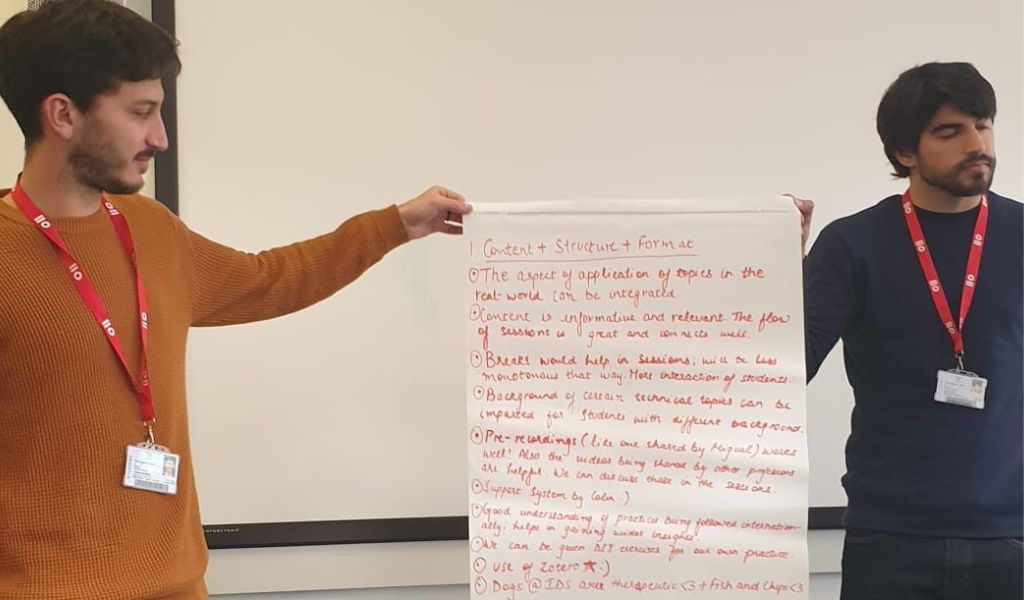
My dissertation
My dissertation research focused on how distributive policies affect beneficiaries’ votes. Analysing the case study of Barrio Mugica in Buenos Aires, I explored which factors were considered by voters when casting a vote. The dissertation intended to explain why, in a case where even when residents considered a policy successful, this didn’t seem to translate in positive votes for the administration implementing the policy. Excerpts of my dissertation were used last year in an IDS blog exploring what voters around the world have been doing and thinking in a record year of elections.
My dissertation supervisor was IDS Fellow Shandana Khan Mohmand, who provided immense support throughout the research project, while also encouraging me to deepen my understanding of the phenomena taking place at the settlement. I chose Shandana because of her expertise on the topics of accountability, distributive policies and electoral participation. Specifically, her module on Democracy and Public Policy was appealing to me and provided me with the tools that I needed to build up my research.
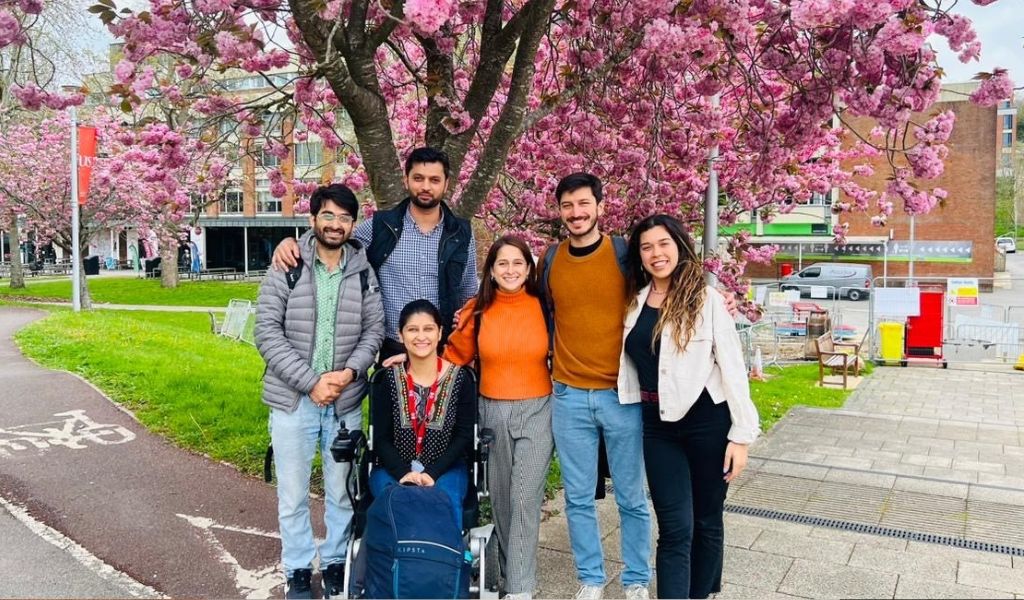
Learning and unlearning
The most surprising thing about studying at IDS was the promotion of critical thinking, and the need to rethink the ideas and concepts that we brought with us. IDS taught me to ask the correct questions, though many times I didn’t have the answers to those questions. IDS’ Global South perspective on development not only challenges other schools of thought, but is also essential to help address the world’s current environmental and social challenges.
The most memorable thing about studying at IDS was the people I’ve met. The teaching staff were super approachable and generous with their time for both academic and personal matters, and I made lifelong friends from around the globe.
How IDS has helped my career
This master’s provided me with stronger knowledge on how public institutions work, how they execute programmes, and how multiple actors (both governmental and non-governmental) make choices to face environmental and social challenges. It provided me with stronger critical tools, research skills and a better understanding of the global scene.
The master’s also inserted me into an international community of professionals belonging to IDS and Sussex, connecting me with people working on similar subjects. Additionally, while job hunting, IDS’ prestige was highly considered by the organisations that I applied to. The experience of studying in the UK has been life-changing overall, but on the career level, it has leveraged it from a national scene to a more global one.
I am currently working at GRI (Global Reporting Initiative), an organisation that develops sustainability standards for companies to report on their environmental, social and governance (ESG) performance. My role consists of managing GRI’s multiple donor-funded programmes. The critical thinking and global perspective I gained at IDS supports me when working with the programmes, ensuring their alignment with sustainability and development goals.
Advice for those considering applying for a Chevening scholarship
- My first piece of advice is to develop a strong personal story on what you have studied, worked on, accomplished, and where you want to go, while also considering how a master’s in the UK fits into that story and why you need to study one.
- Secondly, I would advise prospective Chevening Scholars to reach out to past Chevening scholars through LinkedIn or through the Chevening community in your country. This community is very generous when it comes to helping the people applying to the scholarship and their experience, preparation methods and opinions on the process are super helpful.
- My third piece of advice is to prepare for the interviews thoroughly, planning your own responses for each of the potential interview questions and knowing those confidently.
- But the most important advice that I have is to take the step! I never thought that my background was compelling enough to win a scholarship, and I believed that only extraordinary individuals got them. But I took a leap of faith and applied, and it was one of the best decisions I have made.
To find out more about postgraduate study and information on scholarships, you can sign up to our Learn newsletter here.

